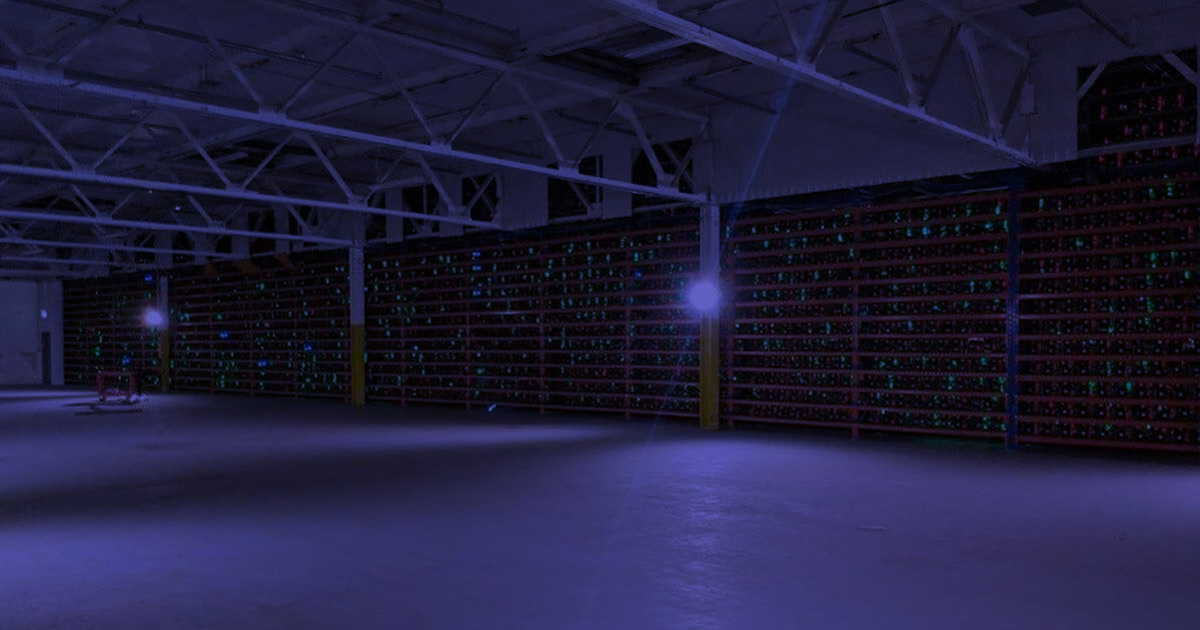Craig Wright’s claims of using between 60 and 100 computers to mine Bitcoin in January 2009 were debunked by crypto researcher SeekingSatoshi. The low hash rate recorded in Bitcoin’s earliest days showed that Wright simply couldn’t have used that many machines to mine the researcher said, uncovering yet another layer of potential lies told by the self-proclaimed Satoshi Nakamoto.
Another one of Craig Wright’s web of lies successfully unfolded
While Craig Wright, the chief scientist at nChain and self-proclaimed Satoshi Nakamoto, seems to have laid low in the past couple of weeks. Meanwhile, members of the crypto community have continued to work on debunking his often outlandish claims.
In his now-notorious Medium post, Wright claimed that he had between 60 and 100 machines running between 2009 and 2011, of which he claims to have owned “55 or 56” of these. This, alongside a few other technical pieces of information, formed the basis of Wright’s claims to be the original creator of Bitcoin.
However, a crypto research Twitter profile called SeekingSatoshi, responsible for pinpointing Satoshi Nakamoto’s geographical location earlier in June, seems to have debunked these claims.
In a Twitter thread from June 23, the user went over the statements made in Wright’s post and found they were unsubstantial and implausible. Firstly, the very need to have that many computers was questioned. It was the job of the users and miners to created Bitcoin’s decentralized network, not the job of its creator. Therefore, there was no need to run so many machines.
Proof-of-Nonsense – Craig Wright Jan 2009
Craig has claimed he had 60+ computers running Bitcoin from Jan 2009.. lets explore that: pic.twitter.com/tEF5QBmPdB
— SeekingSatoshi (@jimmy007forsure) June 23, 2019
Hash rate from January 2009 shows there couldn’t have been 60 computers mining
Some Wright supporters claimed that he ran over 55 computers to keep the network secure. However, careful analysis showed that Bitcoin had very few users in the first few months of 2009, so the network couldn’t have been in danger of malicious attacks. This argument, SeekingSatoshi found, makes no sense.
Therefore, the only viable explanation left was the fact that Wright used all of the 60 or so computers he claimed to have to mine Bitcoin. But, the researcher did some digging and found that this, too, was also highly improbable.
Namely, a chart illustrating the Bitcoin hash rate from January 2009 to early 2010 showed that the network’s hash rate stayed at around 5 MH/s for the first six months of 2009.
— SeekingSatoshi (@jimmy007forsure) June 23, 2019
During the same period, the Bitcoin mining difficulty—how much computing power it takes to mine one BTC—was 1. For reference, Bitcoin’s mining difficulty today is over 6 billion.
— SeekingSatoshi (@jimmy007forsure) June 23, 2019
The difficulty and hash rate point to the fact that there could have only been a couple of computers doing network mining. A handful of casual users could have joined sporadically, SeekingSatoshi wrote, but there was no possible way Wright could have been mining with 60 computers in the first couple of months of 2009.
To add to the confusion, Wright has changed his claims, saying the first “few hundred blocks” were mined on his laptop. This, while also highly improbable, goes to show just how quickly and easily Wright changes Bitcoin’s history.
















